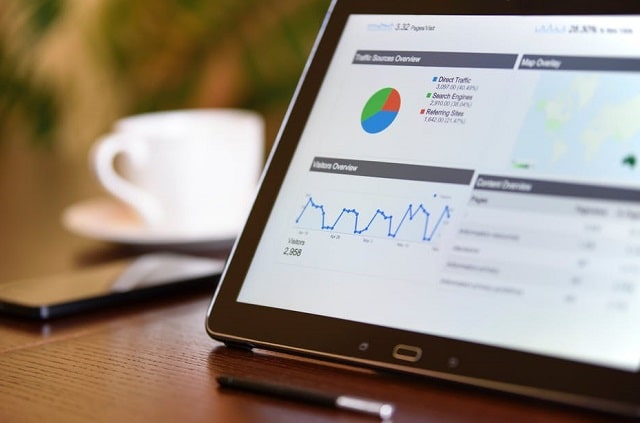
Most of us have been a part of PPC without even realizing it. This has become a significant part of online businesses and many people have started to earn more because of PPC.
But, there are still some who don't quite know what PPC is and how it works. Well, this is why in this article, we will explain all about it. We will dive into the depths of PPC and what it actually is.
What Is PPC, And How Can You Set Up A Campaign?
When you have a business that you would want to advertise more to the public, and you don't know how to do it, PPC might be the correct answer to that. And you may think how is that possible.
Well, let’s explain how you can earn money from PPC.
The first thing you need to know is that PPC or pay per click is a type of online marketing. With this type of marketing, you as the advertiser will pay a fee every time someone clicks on your ad. This means that you will pay a person to advertise your business, and when a possible customer clicks on it, there is a chance for you to get an actual customer.
The reason why business owners utilize this form of advertising is that they want to make people become more aware of their business and brand. They use keywords that will generate more people for their website.
Once some people use those keywords, they will most likely be transferred to your website, and from there on, there is a possibility for them to buy something from you. This is all you need. Once you have people on your website it is that means that the number of customers will increase.
But, for a business owner to be able to do this, they will need to know how to make the right campaign. That means that you will need to choose the right keywords, know where to advertise.
Once you have figured this out, you will have no problem with your campaign.
Is PPC Advertising The Best Option?
Having to invest yourself in digital marketing can be challenging. PPC is not the only type of digital marketing that exists. There is another one that is quite popular, and it is called SEO. This stands for search engine optimization.
SEO and PPC are the two most used marketing strategies that business owners go for. But, it can be a bit challenging when you have to decide on one. They are both excellent, but which one is better?
SEO can be used when you are writing articles. In those articles, you can use keywords that will have the link to the specific website you would want your possible client to find out about. PPC, on the other hand, is something else.
For a person to find your website, they will need to click on an ad, and for that, you will have to pay each time that that happens.
Both options sound good, but you, as a business owner, know what will bring more traffic to your website. If you want to know more about these two digital marketing tactics, keep reading.
Do You Need Help With PPC Marketing?
When you are new to anything, it is always better to get help from someone who has already been through it. When it comes to PPC, you will need to learn about it before you start using it.
If you don’t do that, you will lose more money than you will earn. This is an effective strategy, but if you don’t know how to use it, then you are up for a failure.
There are agencies that offer to help you out with a specific amount of money. Sometimes it is better to get their help and sort your business out. Otherwise, you will have more issues than when you first started.
These agencies know what they are doing. They know how this PPC marketing works, and they are able to draw as many people as you possibly need. Our suggestion for you is to check out an experienced PPC agency, and you will see what we have been talking about.
There are plenty of options to choose from. You just need to know what your business needs and how you can make your business grow.
How To Use Paid Traffic To Benefit You?
To have people naturally come to you can sometimes be challenging. You may use digital marketing, and it may be working for you. But, sometimes, that is not enough.
There is an option to have paid visitors visit your website. This way, you will make it seem like a more enormous number of people is interested in your business and products.
But, this is a strategy that you need to learn even better. It can be a bit challenging since every paid visitor has their own pricing. This means that you won't have as many options to choose from. This is why you should always be careful when selecting your paid visitors.
If you want to use something like this, you will have to make sure that you do it correctly. Otherwise, instead of having a boost to your website, you will have a downfall.
PPC Power
Having to use marketing strategies like the ones we mentioned in this article will allow businesses to grow rapidly. Pay-per-click advertising and SEO marketing will offer many opportunities to businesses that, without their help, they wouldn't even have at all.
PPC has already proven that it works for so many business websites, so if you get a chance to use it, then go for it. It has shown great results, so trying it out won't cause any issues. Keep in mind that you have to use it once you have already learned more about it.





